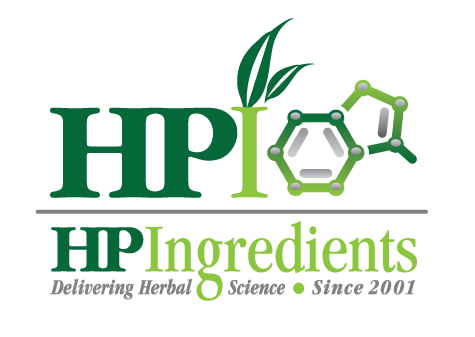Typically, most people think about joint health as a concern for the elderly. However, today’s middle-agers (Generation X and the youngest Baby Boomers) are looking at longer lives and the desire to remain as active as they were in their youth. The role of inflammation has become more widely understood as a causative factor in many degenerative conditions, notably, in the joints.
Implicated in numerous health issues is a common but under-recognized biochemical that can cause a cascade of damage — nuclear factor-kappaB or NF-kB. Emerging research is validating the danger it poses to maturing individuals. NFkB is a protein that acts as a switch to turn inflammation on and off in the body. Scientists describe NFkB as a “smoke sensor” that detects dangerous threats like free radicals and infectious agents. In response to these threats, NFkB “turns on” the genes that produce inflammation. As we age, NFkB expression in the body increases, provoking widespread chronic inflammation and setting the stage for diseases ranging from atherosclerosis and diabetes to Alzheimer’s. Evidence from recent research demonstrates that inhibiting NFkB can have a positive impact in the wide range of conditions in which unhealthy inflammation is present.
Over-expression of inflammation response figures prominently in joint issues, as well as to an extent muscle pain from overuse — so, doesn’t it makes sense to take control by flipping off that master switch? This is why patented ParActin® is a strong contender for any joint health formula.
ParActin® is a patented extract from the plant called Andrographis paniculata, standardized to andrographolide, 14 deoxyadngrographolide, and neo-andrographolide that have been shown by researchers to have beneficial actions in helping support healthy joints, bones, muscles, so important in today’s active lifestyle.
The andrographolides in ParActin® provide their beneficial effects through PPAR gamma activation (aka PPAR gamma agonist), which effectively turns off the NF kappa b “master power switch” — responsible for generating the over-reactive inflammatory response. By inactivating NF KappaB, the hyper-expression of cytokines such as COX-2, PGE2, Interleukin-2, and Interferon gamma that causes pain and inflammation in the body are reduced.
ParActin® inhibits NF-kB activity and reduces its penchant to bind to DNA, thereby reducing pro-inflammatory cytokines such as COX-2 and prostaglandins that causes inflammation and thus, discomfort in the joints. In vitro research showed ParActin® to be a natural COX-2 inhibitor without the typical side effects associated with prescription COX-2 inhibitors.
In a randomized, double blind, and placebo-controlled study published in Clinical Rheumatology 2009, 60 individuals with compromised joints were given 100 mg of ParActin® or placebo three times a day for 14 weeks in conjunction with Methothrexate (MTX), the standard therapy for RA. MTX induces significant improvement in the number of tender and swollen joint, pain, and functional status. However, long-term use of MTX may cause serious infection and liver damage.
ParActin® was effective in reducing the number and total grade of swollen joints, and number and total grade of tender joints. The researchers associated these effects with the reduction of rheumatoid factor (RF), creatine kinase, IgA and IgM. The reduction in IgA and IgM is beneficial as there is positive correlation between the grade of cartilage damage and decrease in RF.
In another human clinical trial published in Innovative Rheumatology 2013, 8 individuals with various rheumatoid conditions were given 300 mg of ParActin® daily for 4 years. Consumption of ParActin® showed significant improvement in number of swollen joints, total grade of swollen joint, total grade of tender joints, and improvement in Quality of Life.
Normal wear and tear of joints through life and activity is bound to occur in adults. Formulate for the active generations with ParActin®.
Annie Eng is CEO of HP Ingredients, Bradenton, FL.


